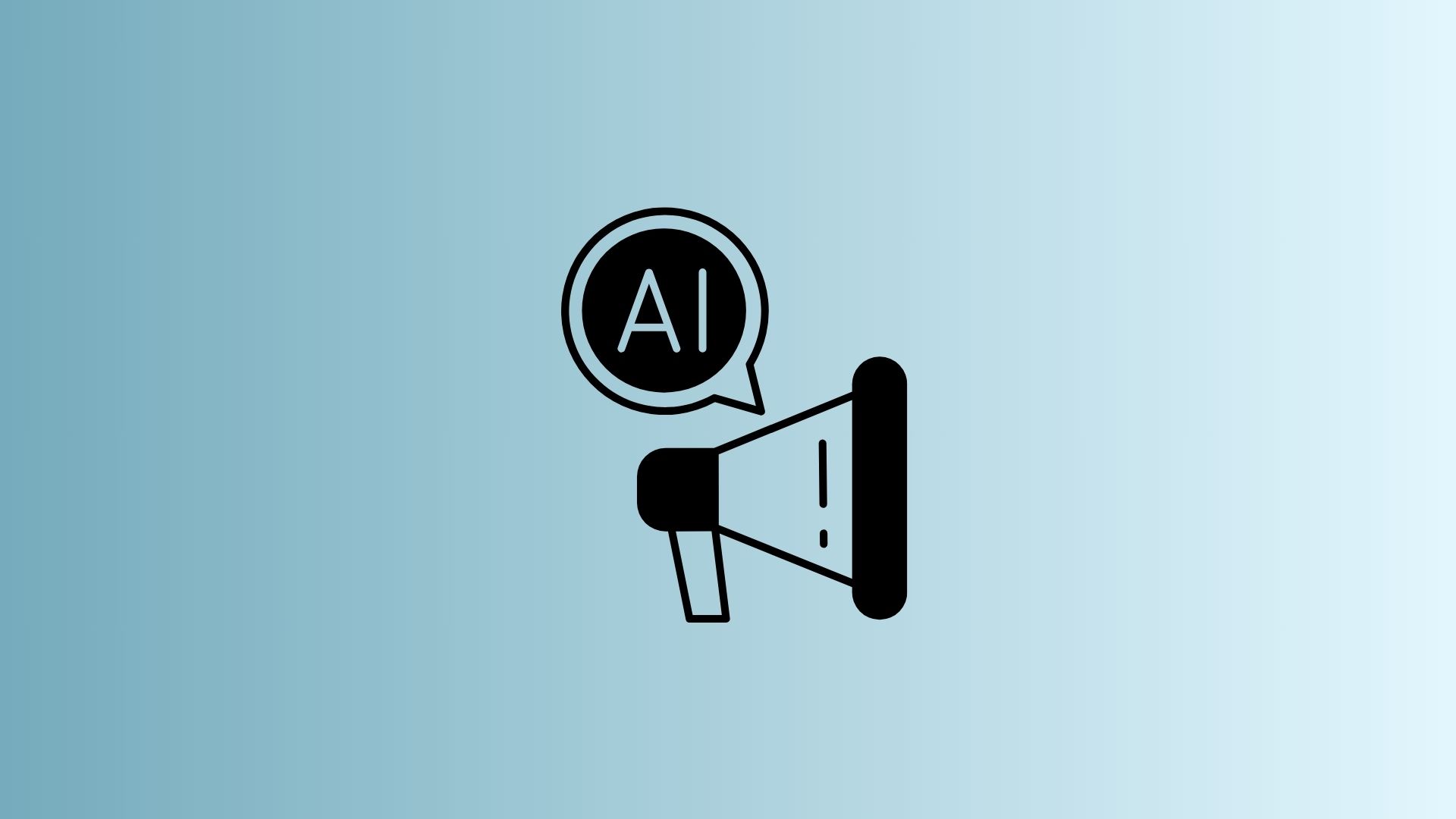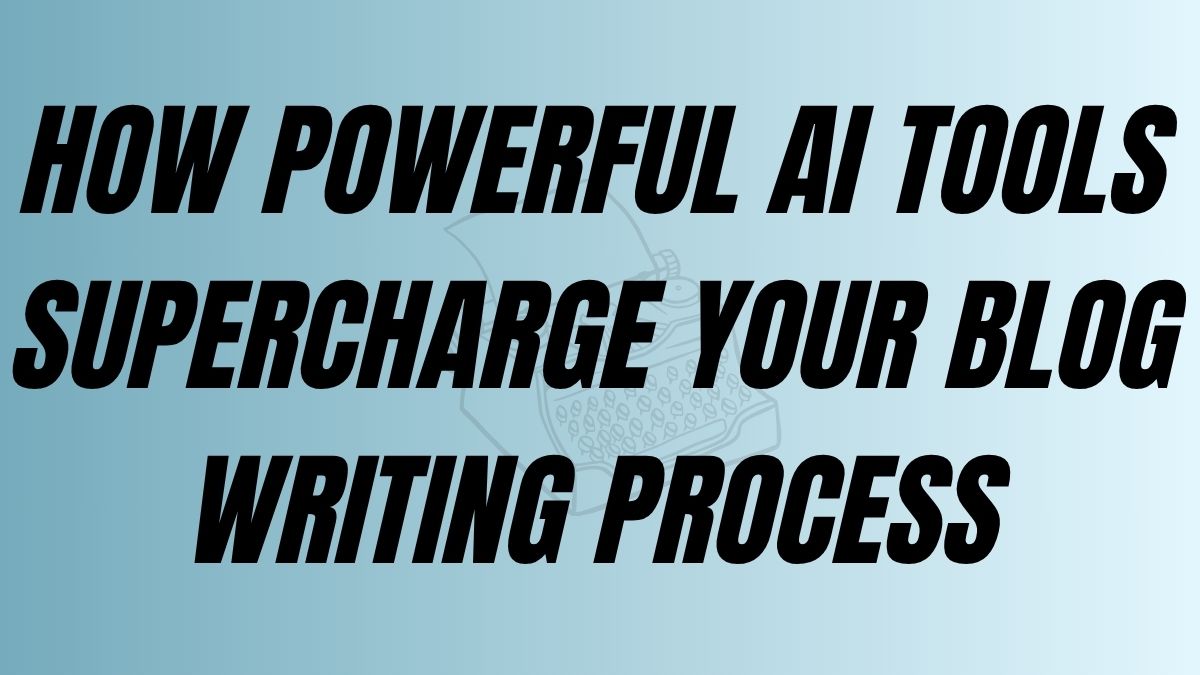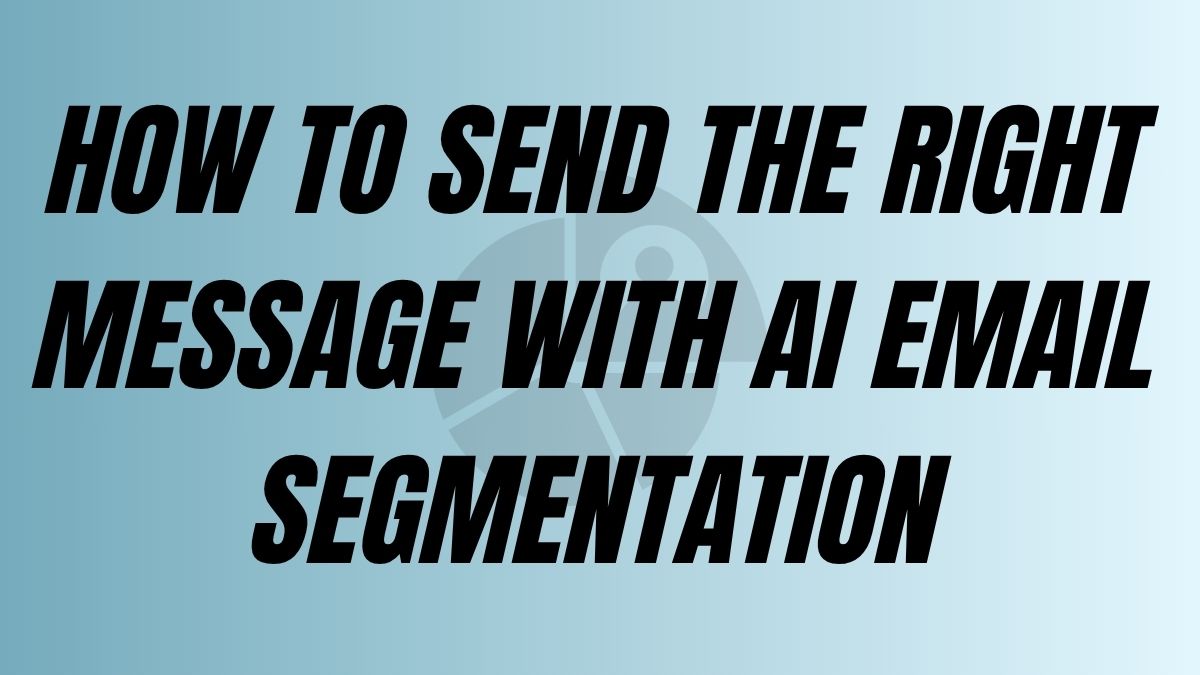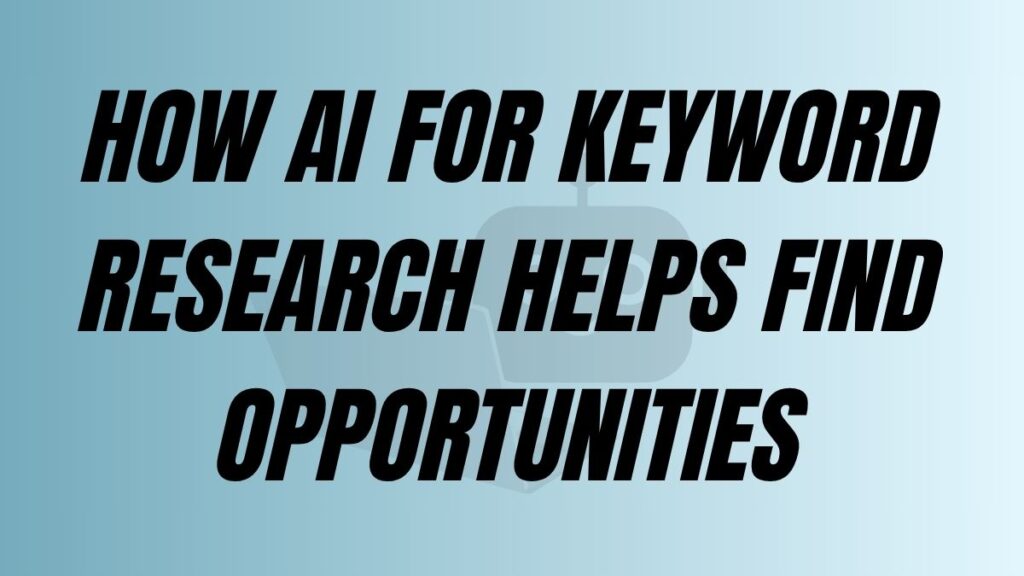
The Ultimate Guide to Using AI in Marketing
Introduction
AI in Marketing seems to be too disruptive to be affected by any traditional market trend analysis. For instance, Moore’s Law has guided the evolution of technology for many decades. Intel’s founder, Gordon Moore, made this empirical observation, stating that the number of transistors used in chips would double every two years. Then this timeframe was reduced to 15 to 18 months. Today, many experts tend to think that Moore’s Law is dead. Indeed, we receive weekly, if not daily, updates on AI in Marketing that claim to be “game changers”.
In 2025, artificial intelligence (AI) is revolutionising how marketers connect with their audience, and it’s no longer just for big corporations. Did you know that businesses using AI for marketing automation have seen a 10-15% increase in sales leads? That’s a significant boost!
In this page, you will understand how to implement AI in your marketing strategy. Let’s explore the exciting possibilities together!
Discovering and Leveraging Cutting-Edge AI in Marketing Tools
The marketing technology landscape is filled with AI-powered tools designed to automate tasks, improve efficiency, and provide valuable insights. Understanding the different categories of these tools is the first step in supercharging your strategy.
From content creation and analytics to CRM and chatbots, there’s likely an AI solution to enhance your current workflows.
The key is to identify tools that align with your specific marketing needs. In the meantime, these tools have to offer features that are easy to integrate.
Explore the resources available to understand how to incorporate these tools into your daily activities to save time and improve results.
Revolutionising Your Keyword Research with AI in Marketing
Traditional keyword research can be time-consuming. However, AI is transforming the way marketers conduct keyword research by offering accuracy in identifying opportunities and analysing search trends.
AI-powered tools for keyword analysis can go beyond basic metrics like search volume and competition. You can delve more easily into user intent and semantic relationships between terms.
This allows you to uncover valuable, untapped long-tail keywords and understand the ‘why’ behind searches, ensuring your content targets the right audience.
By using AI prompts within these tools, you can first discover niche keywords and perform competitor gap analysis. Then, you can see what terms your competitors are ranking for that you might be missing.
This smarter approach to AI SEO helps you create content that truly meets the needs of your audience.
Boosting Engagement with Smart AI Email Segmentation
Generic email blasts are becoming less effective in today’s crowded inboxes. AI enables smarter and more effective email segmentation strategies by analysing vast amounts of data to identify granular audience segments based on their behaviour, preferences, and predicted actions.
AI algorithms can analyse email engagement patterns, website browsing activity, and purchase history to group contacts based on their likely needs and stage in the customer journey.
This allows you to create personalised email campaigns driven by AI, leading to higher open rates, click-through rates, and ultimately, conversions.
Implementing AI in your email marketing efforts moves you beyond basic demographics to AI driven personalization, ensuring your messages resonate with each recipient.
Supercharging Your Content Creation with AI in Marketing
Creating high-quality blog content consistently can be a challenge. AI for content creation offers powerful solutions to supercharge your blog writing process.
AI content generation tools can assist with brainstorming ideas, outlining blog posts, and even drafting initial content, providing a solid starting point that you can then refine with your expertise.
AI content optimization tools can analyse your drafts, suggesting improvements for SEO, readability, and overall quality, ensuring your content is both search engine friendly and engaging for your audience.
By using AI writing efficiency tools, you can increase your content output while focusing your time on adding your unique perspective and ensuring accuracy.
Conclusion: Embrace the AI Marketing Advantage
The integration of artificial intelligence into marketing is not just a trend; it’s a fundamental shift that offers significant opportunities for marketers of all levels.
By understanding and implementing AI tools, leveraging AI for sophisticated keyword research, and adopting AI-driven email segmentation and AI for content creation, you can achieve unprecedented levels of efficiency, personalisation, and success in your 2025 marketing strategy.
Start exploring these actionable ideas today to gain a competitive advantage and deliver more value to your audience. What aspect of using AI in marketing are you most keen to explore further for your blog?



